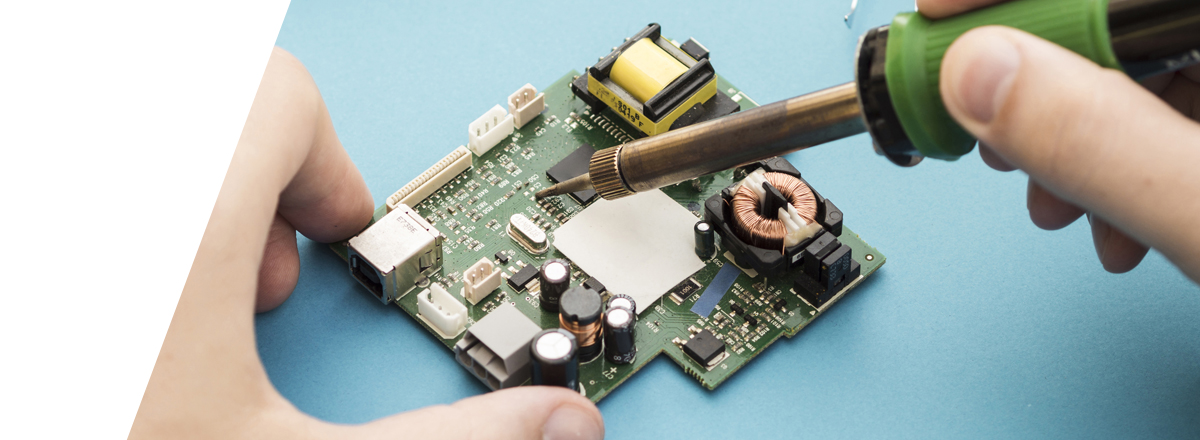About Department


About Department


The Electronics & Communication Engineering Department was started in the year 2005 to impart quality technical education. With an academic legacy that spans about 2 decades, the department now offers one Doctoral program (PhD in Electronics Engineering), one PG program (M.Tech in VLSI and Embedded Systems Design), and UG program (B.Tech in Electronics and Communication Engineering with 2 Specialisations).
One of the most common questions that arises in the minds of students who wish to study engineering is ‘Why choose Electronics and Communication Engineering, among other options that are available?' There are many statistics obtained from both industry and other governmental organisations that substantially support this division of engineering.
We can't imagine the world without the existence of electronic gadgets. At the same time, it is also challenging to find the functioning of any other domain area without the involvement of these Electronics gadgets. Every year, the job openings for Electronics Communication Engineering (ECE) graduates grow significantly by 7% from 2016 to 2026. During the last few years, this branch of engineering has seen steady growth among other disciplines. The major driving force for the present-day Information Technology revolution is the development in Electronics and Communication Engineering. This domain has now revolutionised other areas like health care, instrumentation, automation, remote sensing, signal processing and many more. By 2022, the Electronics & Communication sector in India is expected to reach USD 29 billion consumer market. Telecommunication, industrial, and aerospace & defence are the top three markets ofthe VLSI Industry that are expected to grow to 7.23 Billion USD by 2022. This sector contributes significantly to the economy of most countries, with the much-anticipated 5G technology to become widespread among the public across the globe very soon.
Electronics and Communication Engineering has always played a significant role in the development of modern digital technology. Electronics and Communication Engineering is an applied form of science that deals with principles and practical aspects related to the design and development of various everyday devices like smartphones, Smart LED Televisions, Projectors, High-Resolution Cameras, Smart Wrist Watches, Musical Instruments, Laptops, Tablet PCs, Smart Speakers, machine robots, etc. The discipline is concerned with electronic devices and software interfaces. Electronics and Communication engineers engage in research, design, development and maintenance of equipment, devices and systems involved in the field of communication. The ECE graduates are always needed in all Multinational Corporations (MNCs), besides considering the regular job openings from governmental departments, industry corporations, government research organisations, and the Armed Forces. This is the reason students are always on the lookout for the best college for ECE in Bangalore.
The students who graduate from our department have become successful professional engineers working for both core and software companies such as Intel, Samsung, Maxim Integrated, AMD, Global Foundries, Deloitte, Wipro, Accenture, Mindtree, TCS, etc.
Some of them are serving in government organisations, and a few of them have become successful entrepreneurs. Our students are pursuing higher education like MTech, MS, MBA and PhD in various universities in India and abroad.
Job Areas Pertaining To
Job titles:
Electronics and Communication Engineering at JAIN (Deemed-to-be University) is among the best college for ECE in Bangalore. We aim to produce quality professionals who can enter the challenging industry by carrying out Basic and Applied Research.